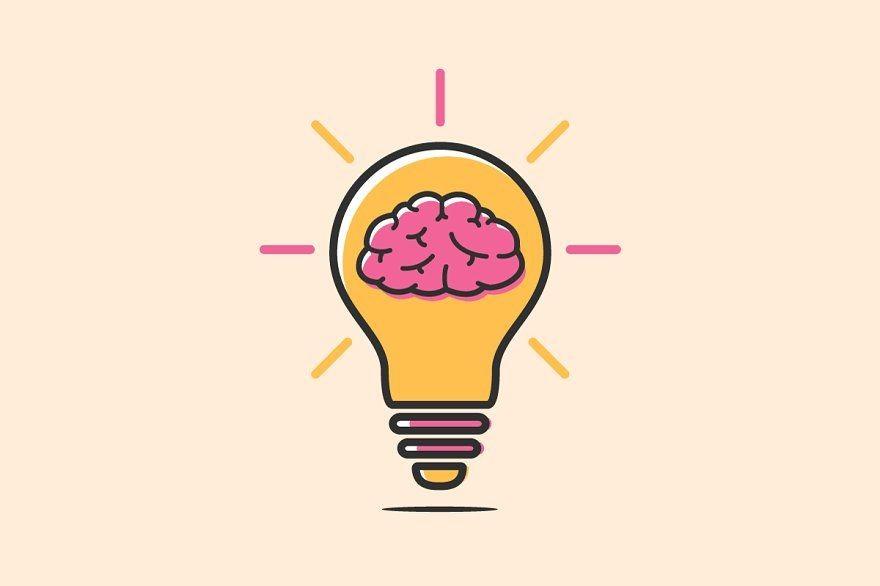Creativity
What is Creativity?
Creativity is an idea that is both novel and useful. Without both of these conditions, an idea is not considered creative. An idea might be novel but not useful (e.g., a phone charged by body heat), or useful but not novel (e.g., using a stone as a doorstop).
Creativity vs. Intelligence
Creativity and intelligence are related but not the same.
-
Intelligence is the ability to recognize and predict patterns. Our brains love patterns because they reduce cognitive load and increase efficiency, turning routine tasks into "muscle memory". However, this reliance on patterns can make us prone to mistakes, especially when the context changes. The education system primarily focuses on developing this type of thinking. A good example is a math problem like 5 x 5, which has only one right answer (25). This is also known as convergent thinking.
-
Creativity is the ability to break a pattern and then create something new. Breaking patterns is difficult, as demonstrated by the challenge of writing with your non-dominant hand. Creativity is about exploring multiple possibilities rather than just finding a single right answer. This is also known as divergent thinking. For example, finding all the ways to get the number 10 using two numbers has infinite possibilities.
A simpler way to think about it is that intelligence is about "or," while creativity is about "and". Intelligence helps you find the best option from a given set (e.g., a chess player choosing the best move), while creativity allows you to come up with new moves that surprise an opponent.
The Relationship Between Creativity and IQ
A person's level of creativity is not directly proportional to their IQ. The link between creativity and intelligence is mediated by latent inhibition.
- Latent inhibition is a person's response to familiar stimuli. Individuals with low latent inhibition tend to be more creative because they are less inhibited by self-criticism or fear of what others think. They are more open to trying new things and failing.
- Those with a high latent inhibition are more cautious and self-critical, which can stifle creativity.
Ultimately, intelligence is a matter of aptitude, while creativity is a matter of attitude. After a certain point, success in the long run is more dependent on creativity and emotional intelligence than on IQ. The willingness to fail is a fundamental part of the creative process, as famously illustrated by Thomas Edison's journey to create a light bulb filament.


No Comments